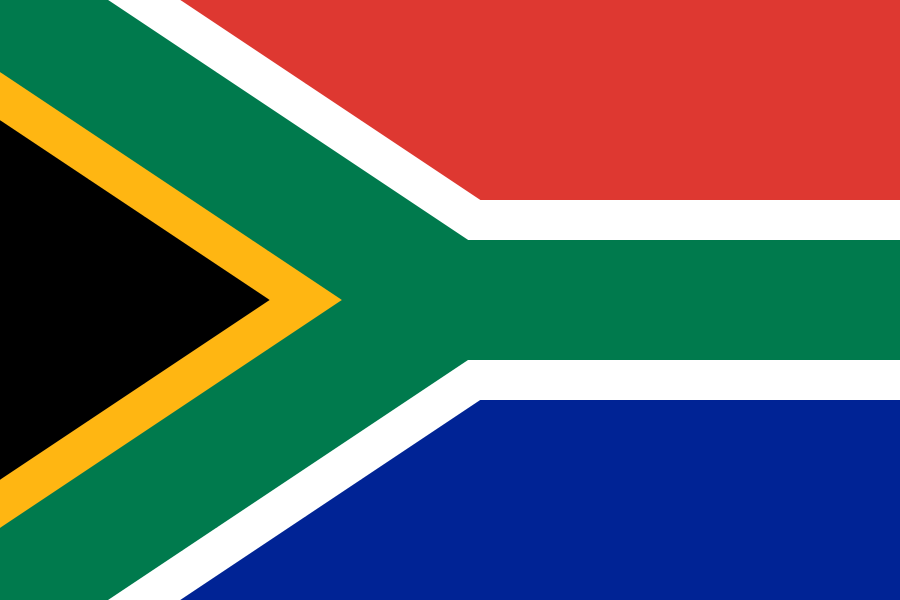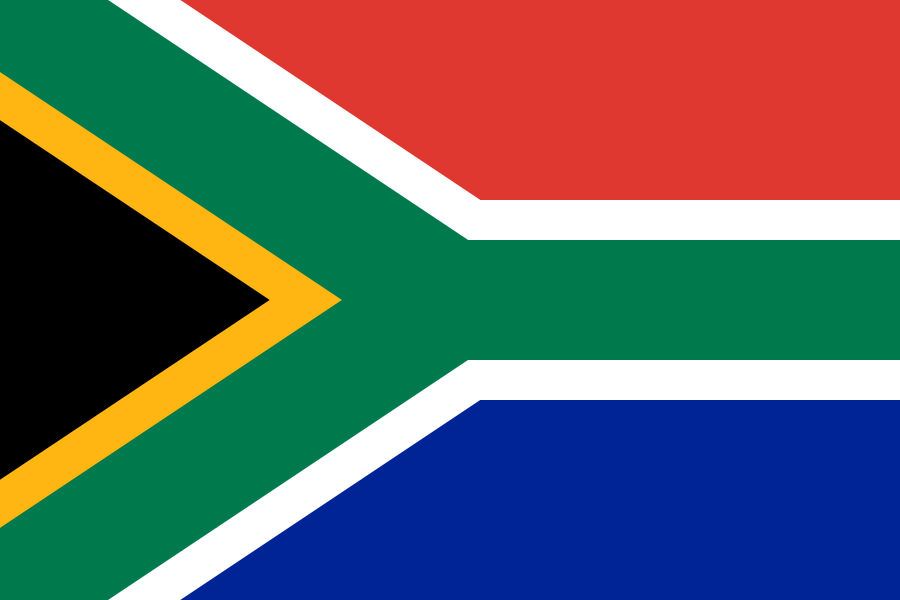Dutch traders landed at the southern tip of modern day South Africa in 1652 and established a stopover point on the spice route between the Netherlands and the Far East, founding the city of Cape Town. After the British seized the Cape of Good Hope area in 1806, many of the Dutch settlers (Afrikaners, called "Boers" (farmers) by the British) trekked north to found their own republics in lands taken from the indigenous black inhabitants. The discovery of diamonds (1867) and gold (1886) spurred wealth and immigration and intensified the subjugation of the native inhabitants. The Afrikaners resisted British encroachments but were defeated in the Second South African War (1899-1902); however, the British and the Afrikaners, ruled together beginning in 1910 under the Union of South Africa, which became a republic in 1961 after a whites-only referendum. In 1948, the Afrikaner-dominated National Party was voted into power and instituted a policy of apartheid - the separate development of the races - which favored the white minority at the expense of the black majority. The African National Congress (ANC) led the opposition to apartheid and many top ANC leaders, such as Nelson MANDELA, spent decades in South Africa's prisons. Internal protests and insurgency, as well as boycotts by some Western nations and institutions, led to the regime's eventual willingness to negotiate a peaceful transition to majority rule. The first multi-racial elections in 1994 following the end of apartheid ushered in majority rule under an ANC-led government. South Africa has since struggled to address apartheid-era imbalances in decent housing, education, and health care. ANC infighting came to a head in 2008 when President Thabo MBEKI was recalled by Parliament, and Deputy President Kgalema MOTLANTHE, succeeded him as interim president. Jacob ZUMA became president after the ANC won general elections in 2009; he was reelected in 2014.
South Africa is a parliamentary republic.
Source: CIA World Factbook
Members:
Resources
Displaying 11 - 15 of 94Rural Development and Land Reform General Amendment Act, 2011
To amend various laws under the administration of the Minister of Rural Development and Land Reform, so as to substitute certain obsolete definitions to ensure legal certainty; to effect certain consequential amendments in this regard; and to provide for matters connected therewith. BE IT ENACTED by the Parliament of the Republic of South Africa
Bartsch Consult (Pty) Ltd v Mayoral committee of the Maluti-A-Phofung Municipality
Bartsch Consult (Pty) Ltd v Mayoral committee of the Maluti-A-Phofung Municipality
Promotion of Administrative Justice Act, 2000
An Act to give effect to the right to administrative action that is lawful, reasonable and procedurally fair and to the right to written reasons for administrative action as contemplated in section 33 of the Constitution of the Republic of South Africa,1996; and to provide for matters incidental thereto.
Land Affairs General Amendment Act.
An Act various Acts, so as to provide for the deeds registries regulations board to make regulations regarding the manner in which the payment of the fees of office may be enforced, to validate certain acts, as to provide for the amendment, withdrawal and lapsing of conditions, to exclude issues concerning the definition of "occupier", and to provide for the secondment of judges and appointment of acting judges to the Land Claims Court, to extend the date upon which the right contemplated in the proviso to section 16(1) lapses; to authorize the Land Claims Court to issue an order where in p






